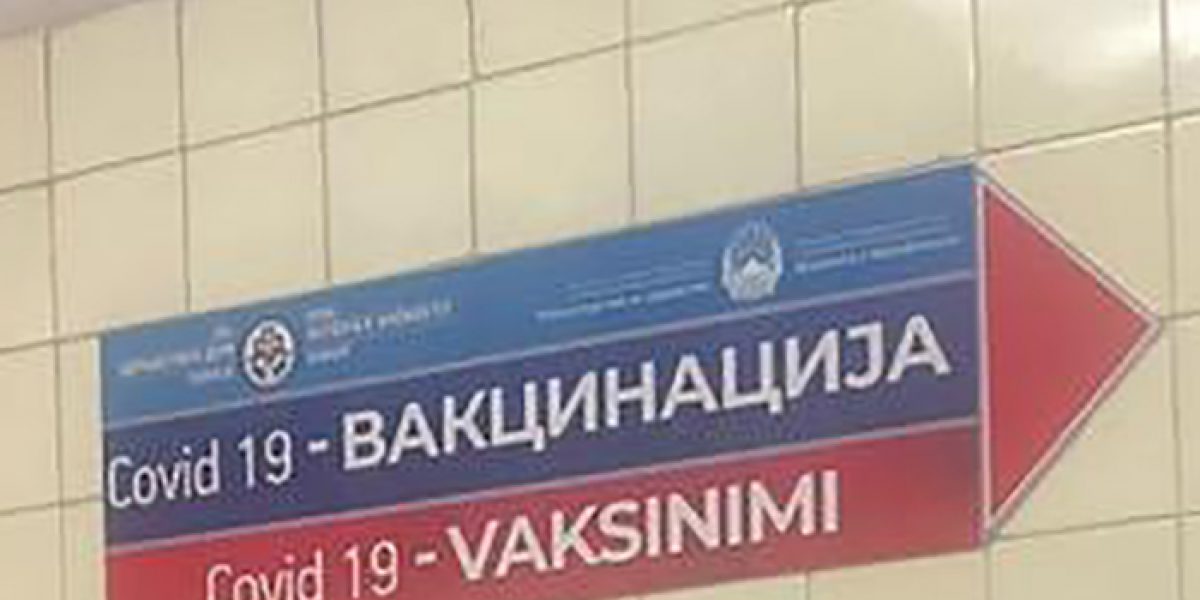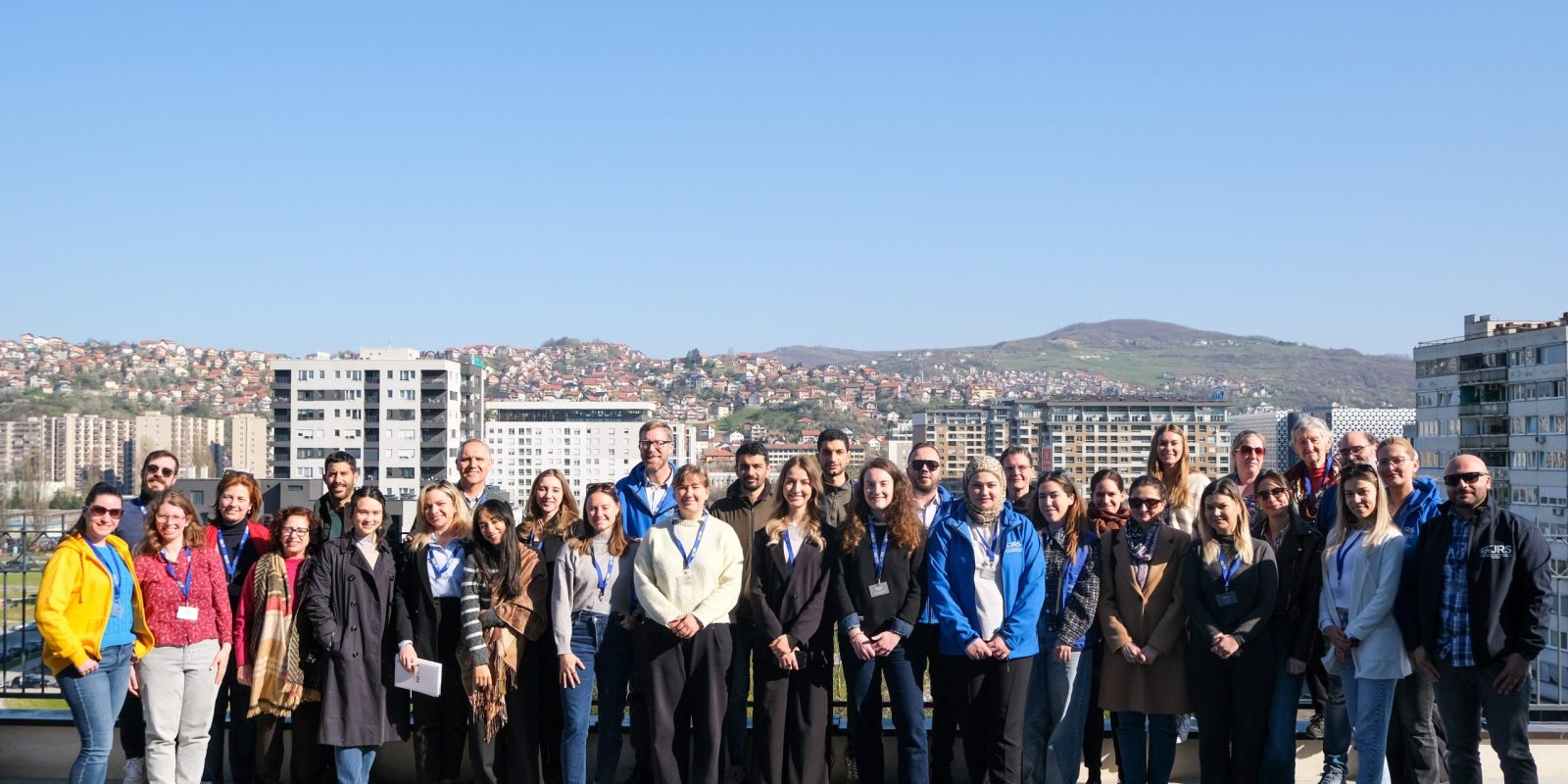The first eight asylum seekers get vaccinated in North Macedonia
27 July 2021

While vaccination campaigns in European countries have started, access to Covid-19 vaccines for migrants and refugees seems to be at a standstill. The most marginalised and vulnerable groups appear to come last in vaccination plans implemented by European countries, which means undocumented migrants, already excluded from the health system in most European Union countries, find themselves without access to vaccines.
International bodies and the European Union have recommended addressing these vulnerabilities in national vaccination strategies, but again, access varies from country to country.
In October 2020, the European Commission issued a Communication on ‘’Preparedness for COVID-19 vaccination strategies and vaccine deployment’’ which includes “communities unable to physically distance” (such as “refugee camps”) and vulnerable groups, in a such a way as to maximise the saving of lives.
At JRS, we have also called on global leaders to ensure that COVID vaccine efforts prioritize all countries equally, and include refugees and other forcibly displaced people in each country’s vaccine distribution plans.
With the large majority of all forcibly displaced people living in the developing world, JRS particularly supports non-discriminatory policies that include refugees and displaced people in vaccine distribution and education efforts in these countries. JRS supports efforts to temporarily suspend intellectual and patent rights for Covid-19 vaccines, allowing more rapid and cost-effective vaccine production in the developing world itself.
North Macedonia: the Covid-19 situation and access to vaccines
JRS Macedonia was successful in getting eight migrants vaccinated.
The Covid-19 pandemic continues to spread in North Macedonia. As of 30th June 2021, there were 155.684 people infected, 5.484 deaths, and 223 active cases. The daily number of new infections was more than 20-25% superior to the number of tested people.
The country started to vaccinate its population, but the process is time-consuming because the government is struggling to provide the vaccines. All the doses so far have either been donations from neighbouring and other countries such as Russia and China or received through the COVAX system. Only 206,163 people have been vaccinated with two doses, and 469,212 people are still waiting to be vaccinated out of the country’s total population of about two million.
The presence of asylum seekers in Macedonia tends to be ignored by the authorities, as the nation is considered a transit country, but the new fence Serbia built in August 2020 has made it difficult for forced migrants to leave the country in the short term. Migrants and refugees find themselves blocked in a country without documents and therefore without access to their rights.
Refugees and asylum seekers in Macedonia are temporarily accommodated in the Reception Centre for Asylum Seekers in Vizbegovo, in the Transit Centres of Vinojug of Tabanovce, or detained in the Reception Centre for Foreigners in Skopje.
JRS Macedonia, present in the Reception Centre for Asylum Seekers In Vizbegovo, managed to reach an agreement with the state on the vaccination of asylum seekers who wanted to receive the vaccine. After several meetings with the Secretary of the City Red Cross of Skopje, JRS Macedonia managed to register asylum seekers for vaccination without an identification number and to schedule the vaccination at the Polyclinic “Chair”. The possibility of vaccination was given to all asylum seekers accommodated in the centre in accordance with the decision from the Ministry of Labor and Social Policy.
On July 19, eight asylum seekers from Iran, Afghanistan, Iraq, Pakistan and Kosovo received the first dose of the Sinovak vaccine.
With this action, a first step has been taken to show that vaccinating forced migrants is possible. It is a duty and a right to include migrants and refugees in national vaccination campaigns: as a sign of humanity, but also necessary to ensure the success of vaccination programmes and, ultimately, to keep the pandemic under control.

